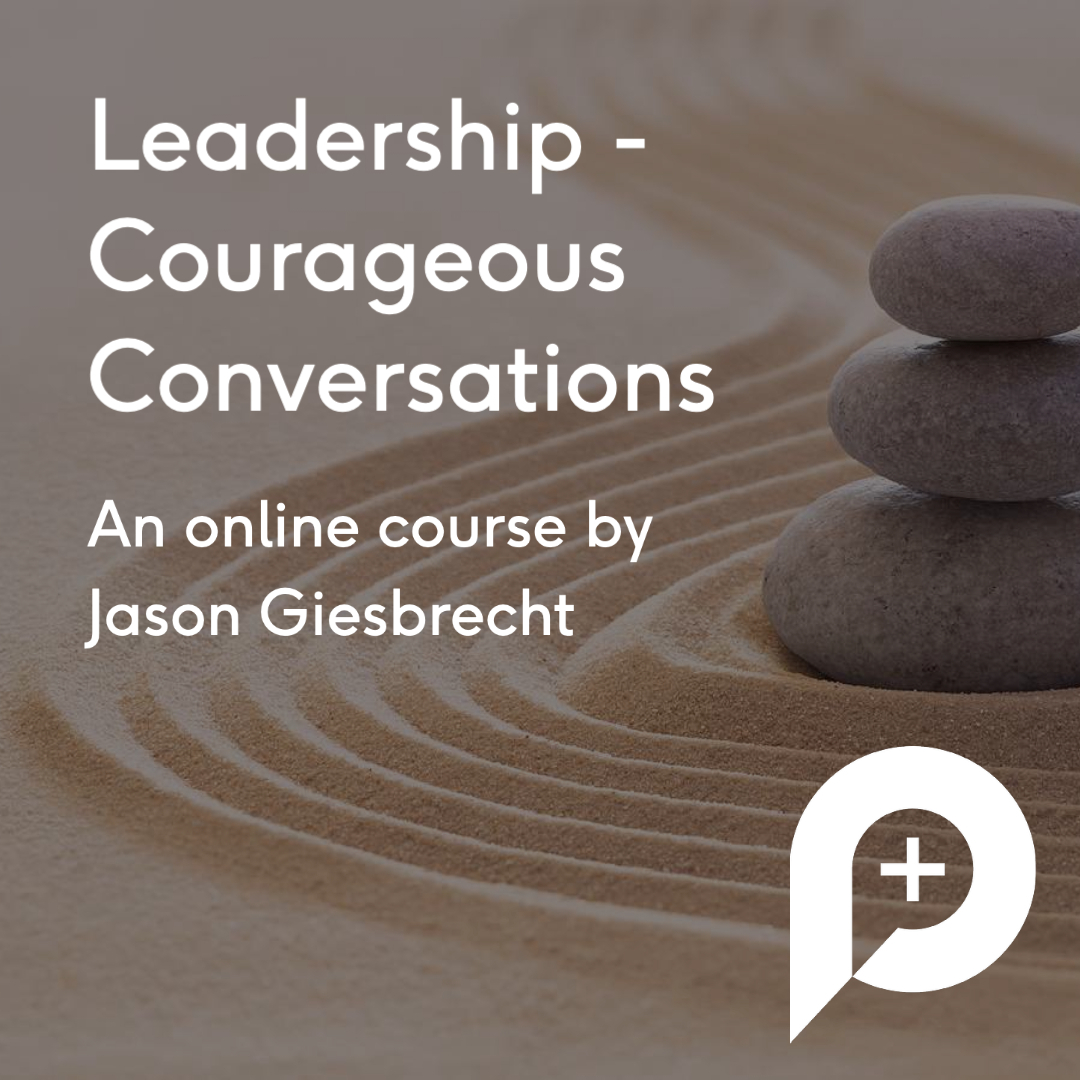

Both Can Be True by Jules Machias (LGBTQIA2S+).The Boy in the Striped Pyjamas by John Boyne (War and Discrimination).Ghost Boys by Jewell Parker Rhodes (Racial Prejudice and Systemic.Bixby’s Last Day by John David Anderson (Grief and Loss) Fourth Grade Rats by Jerry Spinelli (Peer Pressure).Fatty Legs by Margaret-Olemaun Pokiak-Fenton and Christy Jordan.Wonder by RJ Palacio (Bullying and Difference).Bridge to Terabithia by Katherine Patterson (Death and Loss).The Breadwinner by Barbara Ellis (War and Gender Roles).The Pants Project by Cat Clarke (LGBTQIA2S+).The following is a list of some texts that have been piloted by elementary teacher candidates at McGill University. I have used illustrated picture books but prefer using novels and graphic novels with my elementary pre-service teachers as it allows for the opportunity to beef up novel studies and explore the themes over a sustained period of time therefore deepening the content of the Courageous Conversations as we build our capacity and commitment to push our boundaries of discomfort. The next thing needed is a text that is suitable for your class that deals with the issue you wish to speak about with your students. I have a list readily available, but I am sure there will be more that you can add. It begins with selecting a topic that you feel particularly drawn to.
Courageous conversations i dont know how to#
How to do this in your own classroom is relatively simple. The more a classroom took up the challenge to read, write, listen and talk about topics that are not usually part of the Language Arts curriculum, the better equipped we all would be and the easier time we all would have when students were at their most vulnerable. A way for students and yourself to delve into challenging issues with courage and care in order to build confidence and compassion. This led to the development of “Courageous Conversations.” The idea was that this wasn’t to be pulled out of your bag of tricks when an uncomfortable incident occurred, instead, it was to become part of the curriculum. With this in mind, I decided that I needed to work with the next generation of classroom teachers so that they might be ready when one of these dilemmas inevitably arose. Was I prepared to deal with these conversations? No. Looking back at those moments, I know that I tried my best to comfort, support and guide these children as best I could. Whether it came from one of my students finding out their parents were getting a divorce, the death of a loved one, that they had no food in their home, the fear of family members who were unsafe due to war in their home country, that they had been physically or mentally harmed, and the list goes on. If this doesn’t take courage, I don’t know what does.įrom my years in “the trenches” I have unknowingly walked into a minefield on more than one occasion. Yet, each day we rise with the sun (or before), get dressed and head back into the classroom ready for another day of unexpected surprises. There are so many possibilities daily for something to go off the rails, and usually it happens. Now all of us who have spent time in a classroom working with either young children or adolescents know that this is not a profession for the weak of heart. The one word that has never come up in all the years I have asked this question is the word: courageous. They easily come up with words such as caring, flexible, prepared, dedicated, understanding, knowledgeable, and you know the rest. A standard in any university pre-service teacher course is to ask the pre-service teachers to brainstorm all the qualities necessary to be an excellent teacher. As teachers we are asked to possess a multitude of qualities and attributes.


 0 kommentar(er)
0 kommentar(er)
